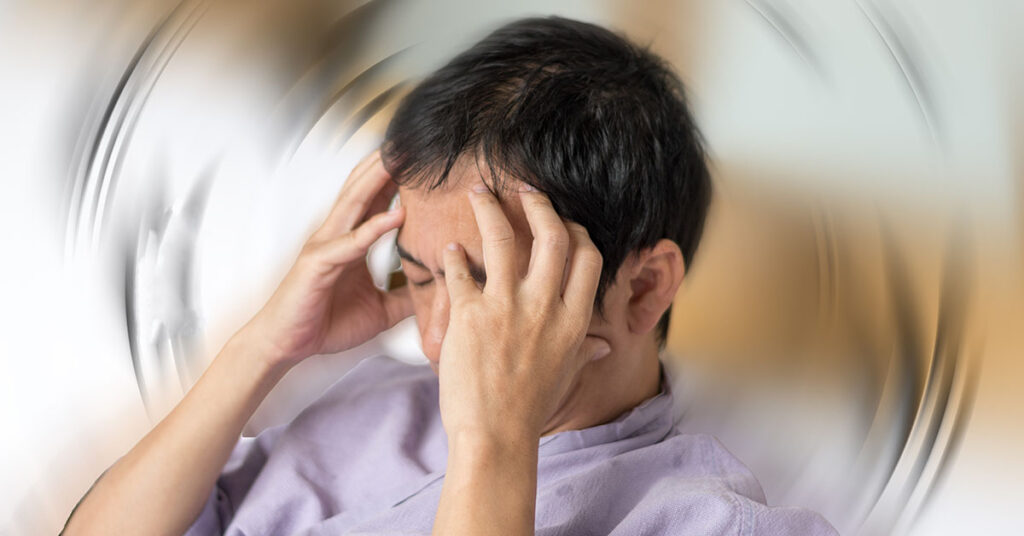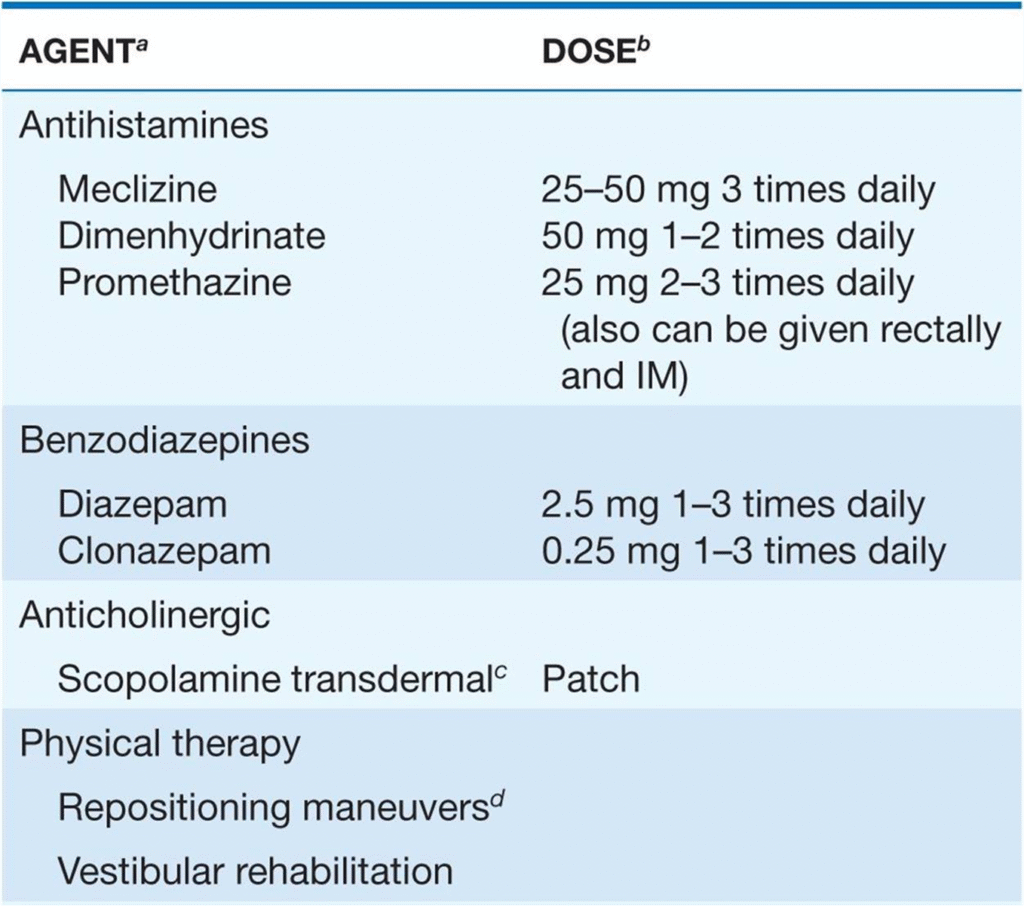Dizziness and vertigo are common sensations that many people experience — from feeling light-headed or unsteady to the unsettling sensation that the room is spinning. While these symptoms are often harmless, they can sometimes point to a more serious underlying issue. In this blog, we’ll break down what dizziness and vertigo really mean, their causes, and when you should seek medical help.

•What Is Dizziness?
•Dizziness is a broad term that people use to describe a range of sensations such as:
•Light-headedness
•Feeling faint or woozy
•Loss of balance or unsteadiness
•A spinning sensation (known as vertigo)It’s not a disease itself, but a symptom — and understanding the underlying cause is key to treatment.
Causes of dizziness
1.Inner Ear Problems (Balance disorders):
Benign Paroxysmal Positional Vertigo (BPPV): Triggered by sudden head movements. Its also called ear stones.
Vestibular neuritis or Labyrinthitis: Usually viral infections affecting the inner ear. If earlier you get respiratory inf. It leads to labyrithitis and dizziness.
Ménière’s disease: Includes hearing loss, tinnitus, and vertigo.
2. Low Blood Pressure (Hypotension):Sudden standing can drop your blood pressure (orthostatic hypotension), making you feel faint.
3. Brain related vertigo:
Recent accidents, your occasional epileptic episode,Drugs(streptomycine,gentamicin,vancomycin,diuretics)
4. Dehydration
5. Low blood glucose level or if you are diabetic
6. Anemia
7. Anxiety and panic
Diagnosis and Tests
Doctors usually diagnose the cause of dizziness through:
History and physical examination
Blood tests (e.g., hemoglobin, sugar levels)
Vestibular function tests(checks nystagmus , deafness, CNS function test)
ECG or Echocardiogram (if cardiac cause is suspected) in Lyme disease patient have rashes(Target shape) cardiac symptoms and dizziness.
MRI/CT Scan (if a neurological cause is suspected)
When to Seek Help for Dizziness and Vertigo
You should consult a doctor if:
Dizziness is recurrent or severe
You experience loss of consciousness
It’s associated with headache, blurred vision, or chest pain
There is difficulty speaking, weakness, or numbness (stroke signs)
You feel like falling or have had a recent fall.
Treatment and Prevention
Treatment depends on the cause, but some general tips include:
Stay hydrated
Avoid sudden changes in posture
Eat regular meals
Manage stress and anxiety Get your eyes and ears checked

If you’re currently experiencing vertigo, don’t panic – it often resolves on its own. Howeve
External Links (Authoritative Medical Sources)
Use these to link keywords or phrases in your blog to credible health websites:

Pingback: Cough: Causes, Types, Treatment, and Natural Remedies